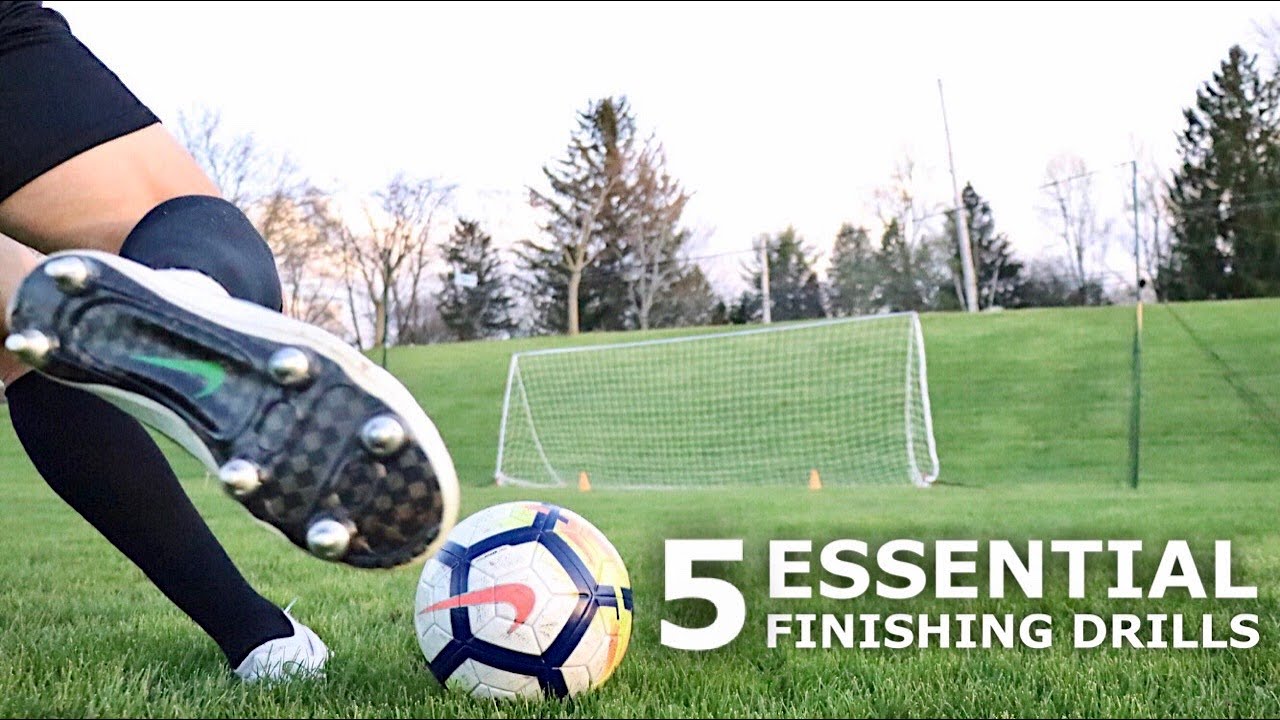
Soccer is an ever-changing game with many slang terms. This article will explain some of the most frequently used terms in soccer. You'll find definitions for players, teams and leagues in this article. The following terms are often confused or misunderstood by soccer players and fans. Here are some helpful definitions to help get you started. Keep reading for more tips on how to speak like pros and cheer for your favorite sports team.
Definitions of soccer terms
In soccer, the term "shot" refers to the action of directing a ball towards a goal. A successful shot will be stopped and the ball will enter the net. The total number does not include shots that are blocked or missed the goal. A player who shoots 78 goals per game will have a shooting percentage that is 0.282 (28.2%). This is an excellent shooting percentage.

Definitions of soccer player
Soccer is a game of skill. The position of a player plays an important role in their growth. Webster's dictionary describes the forward position as "a player that moves from one place to another". The position of "winger", refers to a player in soccer whose main function is to pass the ball onto strikers. While soccer players can play any position, there are three main categories based on their positions.
Definitions of soccer teams
You can use a dictionary to help you understand the meanings and nuances of "soccer club". You can search for the definition of "soccer team" in an English synonym dictionary or definition dictionary. Lexilogos and Collins Lexibase are also popular dictionaries. You don't have to be lost if you still aren't sure what the term means. Here is a brief guide to the meaning and definition of soccer team.
Definitions of soccer leagues
There are many terms that you need to know about soccer. The goal is one. A goal is when a player scores by taking a shot on the goal. Another term you should know is extra time. Some knockout competitions use 30-minute overtime, split into two 15-minute halves. FIFA employs golden goal extra time. Extra time is used to determine if the game is tied.

Definitions for soccer penalties
Soccer is a sport where fouls are called penalties. The penalty area is located around the penalty box and is approximately 18 yards from goal. A foul in the penalty area will earn an offensive team a penalty kick. Unlike football and hockey, which have periods, soccer matches are not divided by half or thirds, but rather by halves. Here are the definitions of common penalties.
FAQ
What is an attacker doing in soccer?
They are often the most skilled passers on the pitch. They transfer the ball to the forwards and midfielders, then distribute it among other players. They are agile and fast and can score many goals in a match.
What does the "A," in soccer, stand for?
The letter A stands for Association Football. This is the official name of football. The association word comes from the fact the game was originally developed by Oxford University students.
What are the different types of soccer balls?
There are three main types: indoor, training, and outdoor soccer balls. Indoor soccer balls may be used indoors for practice. Outdoor soccer ball are weather-resistant and can withstand wind and rain. Training balls are made specifically for children.
Can I play football without any special equipment
Yes, it is possible to play without any special equipment. All you need is a ball, a field, and teammates. If you have a group of friends who want to join you, then you can form a team.
What does a goalkeeper do in soccer?
The fastest players on the field are the strikers. They excel at running on the field and shooting the ball to the opponent's goal.
What does a goalie do in soccer?
Goalies are responsible for keeping the ball away from the opposing team's net. Goalies use their hands, feet, and head to stop the ball from entering the net.
What is a penalty in soccer?
Penalty kicked are when a player is found guilty of a serious or dangerous offense. The referee will award the opposing team the penalty kick if this happens. If the ball is placed in the goal within the time limit, the referee will award the opposing team a penalty kick.
Statistics
- the estimated cumulative television audience for the 2006 World Cup in Germany was 26.2 billion, an average of 409 million viewers per match." (en.wikipedia.org)
- They are not just good at dribbling because they are talented alone, but because they put in 100% effort during every practice. (coachtube.com)
- The word "soccer" is a British invention that British people stopped using only about 30 years ago, according to a new paper by University of Michigan professor Stefan Szymanski. (businessinsider.com)
- After hosting an entertaining World Cup finals in 1994, the United States possessed some 16 million football players nationwide, up to 40 percent of whom were female. (britannica.com)
- the estimated cumulative television audience for the 2006 World Cup in Germany was 26.2 billion, an average of 409 million viewers per match. (en.wikipedia.org)
External Links
How To
How to play soccer
Soccer requires good skills, such as passing, shooting and heading. These skills should be improved. The most important thing to do is practice them everyday. If you want to learn how to play soccer properly then follow these steps.
-
Practice dribbling. Get comfortable with dribbling. Practice dribbling by doing it in five minute increments. You can increase the time to 10 minutes once you are comfortable with dribbling. Continue practicing this technique every day.
-
Practice passing. Practice passing the ball in front of you and behind you. Be sure to pass the ball correctly and only to the person who has space. Keep your passes short. It is best to throw the ball straight to the player that needs it. This will save you time and keep your body warm.
-
Practice heading. Heading requires you to place the ball perfectly into the net. To achieve this aim, you must first practice getting yourself into position. Standing directly in front of the target, face the goal. Next, bend forward and place the ball under you chin. Next, raise your head up and look towards the top left corner of the net. Look straight ahead with your eyes. Then, get up and release the ball.
-
Practice handling. Tackling is one of the hardest techniques to master. However, when mastered, it makes football much more fun. For starters, tackle with your chest and shoulders, and don't go low. Remember to keep the arms straight up and close to the body. Small groups of two players are best for attacking. One player serves as the defender, while the other acts as an attacker. The attacker must be tackled as soon the attacker passes the defender.
-
Shooting is something you should practice. It takes a lot of practice to shoot well. The first step is to locate a location where you can comfortably shoot (e.g. Near the goal. Next, pay attention to your form. Hold the ball between your hands, keeping it away from your body. Your knees should be bent and your feet should point upwards. You can shoot the ball by moving your wrist in a circular motion. Make sure to aim for the corner in the bottom left of the goal.
-
Practice running. Running is another skill that can take some time to master. Start off slowly and gradually build up speed. Running should not be used for attacking, it can cause injury to your muscles. Instead, move towards the goal with your team to assist them.
-
Practice kicking. Kicking is one the most difficult skills, but also the easiest. You must develop core strength and leg strength to be able to kick accurately. Stand with your feet together, and lift one leg at time. Slowly kick the ball towards your net with only your heels.
-
Do it again. This skill is crucial to being a great player. Dribbling lets you control the pace of play. The opposing team could easily catch up to you, or even overtake you. The key to mastering dribbling is consistency. Do not alter your style of dribbling each day. Keep it simple.
-
Practice free kicks. Free kicks are usually delivered after a foul or when the goalkeeper commits a mistake. Free kicks allow you to score goals without having to play the entire match. It is a good idea to aim for the corner of the goal. Remember to always use your instep and not your heel.
-
Practice defending. Positioning is the key to defense. When playing defense, make sure you stay close to the opponent's player. If he receives the ball, try to block his path and prevent him from scoring. Always ensure the safety of your teammate.